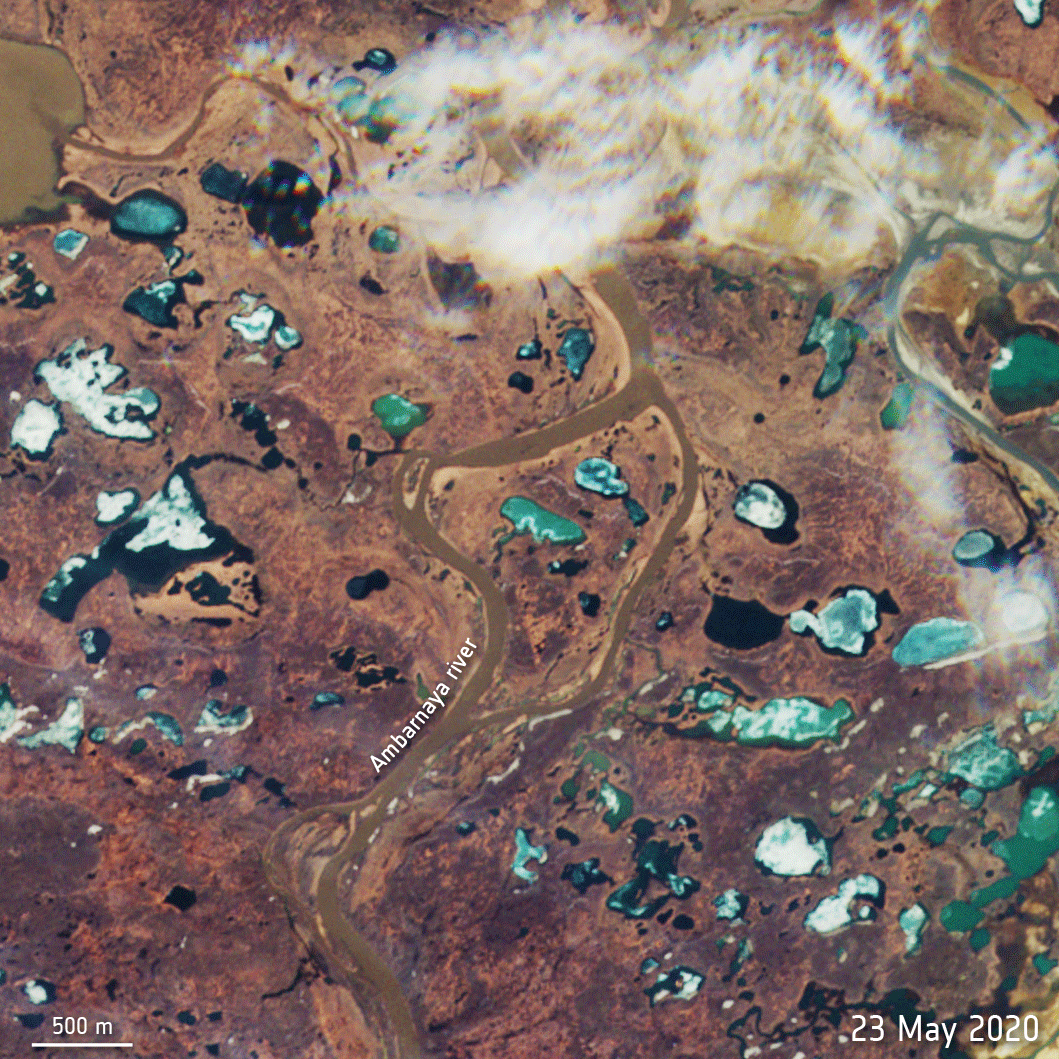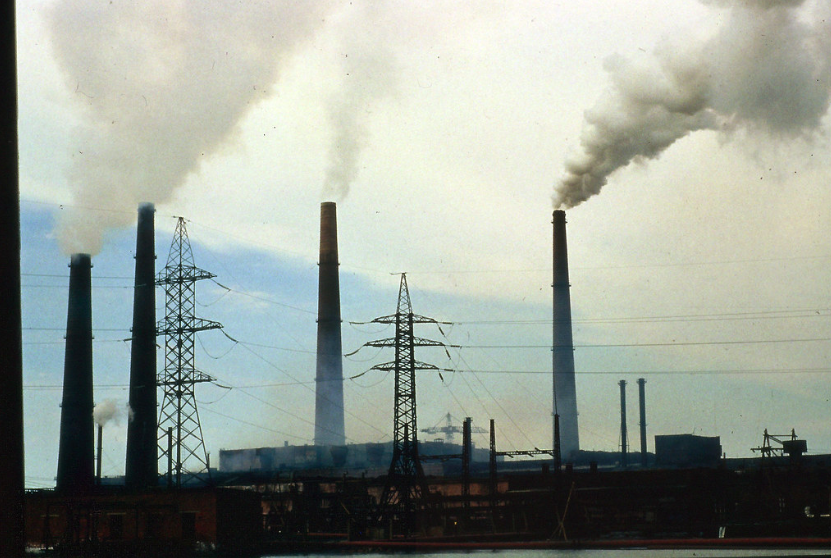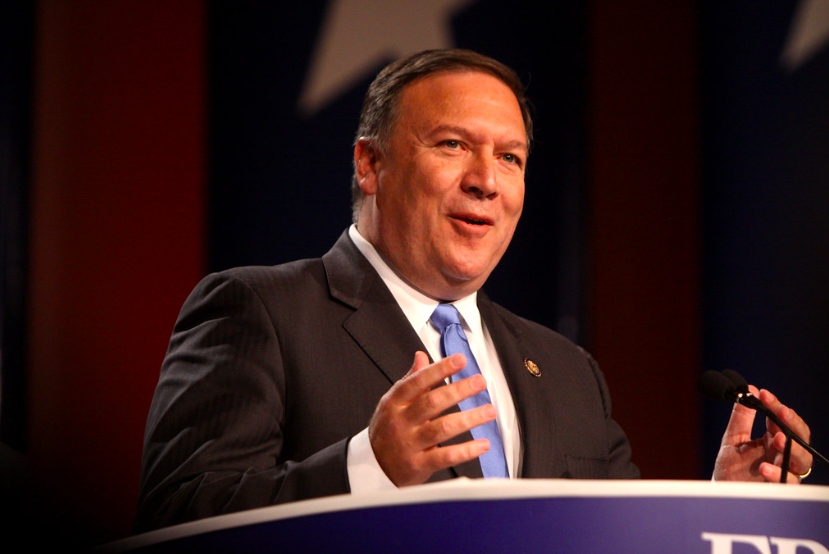A new documentary reports that employees of Shell’s Nigerian subsidiary are encouraging attacks on pipelines to pocket funds intended for environmental cleanup.
A man walks alongside land tainted by an oil spill near Kegbara Dere, Nigeria. Friends of the Earth International. CC BY-SA 2.0
As the largest oil producer in Africa, Nigeria has long struggled to balance the demands of multinational corporations with the needs of its own people. The country provides a clear example of the resource curse, as the government turns a blind eye toward endemic corruption in the oil and gas industries. The Niger Delta, home of Nigeria’s oil reserves, has become a land of lawlessness and environmental catastrophe with no clear end in sight.
For decades, Royal Dutch Shell has been in the crosshairs of both environmental and human rights activists over its role in the Niger Delta. Now, the Anglo-Dutch oil company is facing claims that its employees deliberately sabotaged its own pipelines to profit from environmental cleanup funds.
In a documentary released on Dec. 10, Dutch television program Zembla and environmental group Milieudefensie teamed up to investigate claims of malpractice by the Shell Petroleum Development Company of Nigeria (SPDC). This group is a joint venture between the state-run Nigerian National Petroleum Corporation, France’s Total, Italy’s Eni and Shell, which runs all operations.
Research focused on the village of Ikarama, where there have been 30 reported oil spills in the last 13 years alone. The region surrounding the community has become so polluted that agriculture and fishing barely yield any income for locals. Frustration with oil companies has mounted, leading some residents to vandalize pipelines to channel their frustration.
Per the report, Royal Dutch Shell’s employees saw an opening. They began to encourage local youths to sabotage pipelines so they could receive funds necessary for environmental cleanup. Workers for the oil titan received vast sums of money for “eco-friendly” measures, and members of the Ikarama community were hired to restore the land.
The SPDC denies responsibility for the oil leaks, instead blaming local criminals and gangs. The group said in a statement that, “As of now, we are not aware of any staff or contractor having been involved in acts causing oil spills in the Niger Delta.” The SPDC further claimed that it investigates all credible reports of misconduct and addresses situations as needed.
A sign points out Shell’s Oloibiri well, the first drilled in West Africa. Rhys Thom. CC BY-NC-ND 2.0
In the eyes of Cees van Dam, a professor of international business and human rights at the University of Rotterdam, the accusations are credible. “In the Netherlands,” he notes, “this would certainly be considered a criminal offense. Intentional destruction of property, intentional environmental pollution, these are serious issues that no single company would accept from its employees.”
Moreover, employees of the SPDC and residents of Ikarama attest to the claims addressed in the documentary. Saboteurs insist that they vandalize the pipelines “out of hunger” while a former Shell security guard said that supervisors and employees “split the money from the cleanup.”
Making matters worse, the former security guard said that “the recovery department from Shell sabotages the pipelines. If the cleanup will take seven months, they’ll stop after only three months.” In other words, the land remains in disarray even after remediation measures conclude.
In the documentary, Zembla claims that local employees and villagers were far from the only ones aware of the scheme. The SPDC, the Nigerian police and the Dutch embassy in Abuja also received word of the process from concerned locals. Then Dutch ambassador Robert Petri even visited Ikarama in 2018 and pledged to “take what is happening here … and we will share our experiences and information with both Shell and the government.” No further investigations have occurred.
As such, the process of intentional environmental degradation continues. As the alleged scheme moves into the spotlight, there is an opportunity for corruption in the Niger Delta to be extinguished. The region’s troubled past and present are intrinsically tied to the oil industry, but hope remains that a more transparent future may be just around the corner.
Stephen Kenney
Stephen is a Journalism and Political Science double major at the University of North Carolina at Chapel Hill. He enjoys sharing his passion for geography with others by writing compelling stories from across the globe. In his free time, Stephen enjoys reading, long-distance running and rooting for the Tar Heels.







